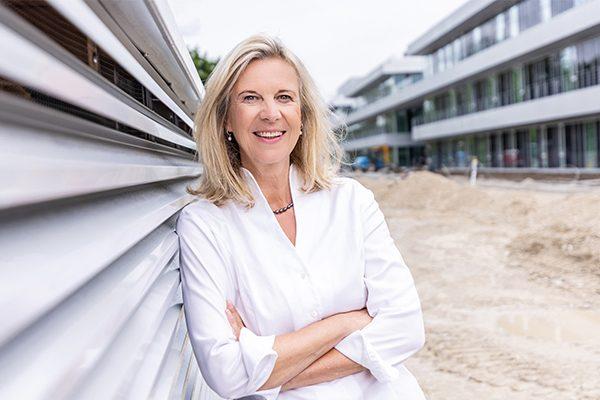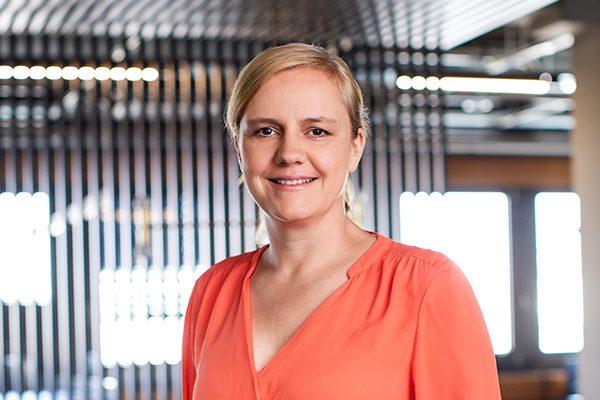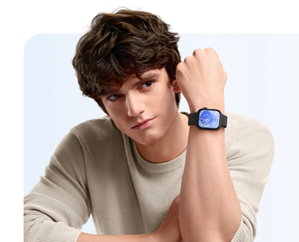
Influencing: Outfit posts and bikini photos on the beach are no longer relevant enough on social media, says Katharina Frömsdorf. The managing director of ProSiebenSat.1's multichannel network, Studio71, writes in her guest article for turi2 edition #16 about sustainable millennials and is happy about "sinn influencers".
By Catherine Frömsdorf
"It's the ecology, stupid!" If you were to beam Bill Clinton's campaign strategist from the early 90s into the present, the catchy slogan of yesteryear would probably sound exactly the same. Climate change, Fridays for Future, global warming: Sustainability moves and touches us all today. It is precisely these factors and their consequences, as well as accelerated digitization and globalization, that are leading to an ongoing change in society's values. These issues have long since ceased to be just a matter for political negotiation. The voices of this social discourse are louder today than ever before. And above all: younger!


Of course, this change has long been visible on social media. Influencer marketing has already changed as a result and will continue to develop. Whether Gen Z or Millennials - more and more young people feel staged posts with a focus on luxurious lifestyle, fashion or beauty are no longer relevant enough. Attitude is the need of the hour. The awareness of sustainability has long existed in this target group and is growing day by day. Influencers and creators have recognized this trend. Louisa Dellert, for example, began her career as a classic fitness and nutrition influencer on Instagram. Today, Dellert is also a well-known artist outside of social media, who uses her reach for (environmental) political messages. She talks about socially relevant topics and wants to get her community to think and act more sustainably. For this purpose, it also makes corresponding product cooperations or recommendations. As a professional master carpenter, DIY and grill expert, our Studio71 artist Jonas Winkler relies on sustainable and regional materials. He cooperates with a bio-certified charcoal provider. A perfect match, because here the values and moral concepts of the creator and advertising partner optimally match. In these cases, authenticity cannot be overstated.
One thing is clear: Influencers are playing an increasing role in our green conscience. I think the development towards “sense influencers” is very gratifying. And I firmly believe that we will be able to link this socially relevant topic and the business model of most social media stars more and more frequently - always provided that artists and brands credibly pull together.
This post is part of turi2 edition #16 on sustainability.
Read all the stories of turi2 edition #16 – right here in the browser as an e-paper:







